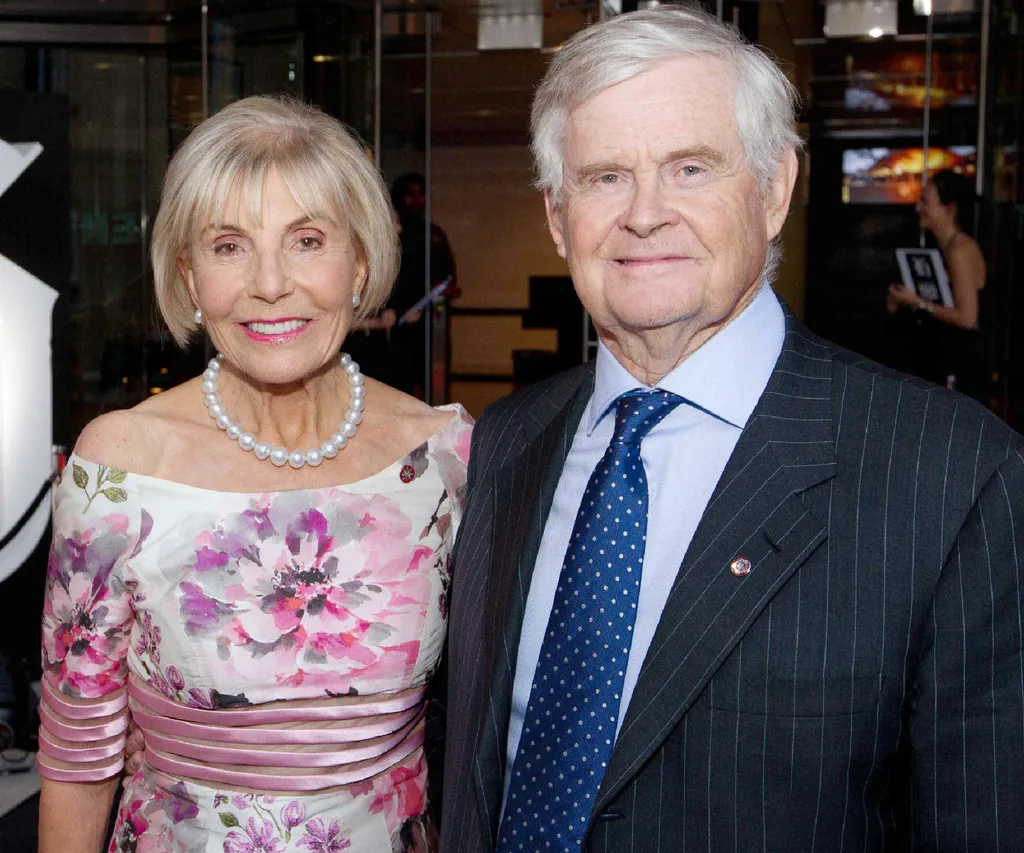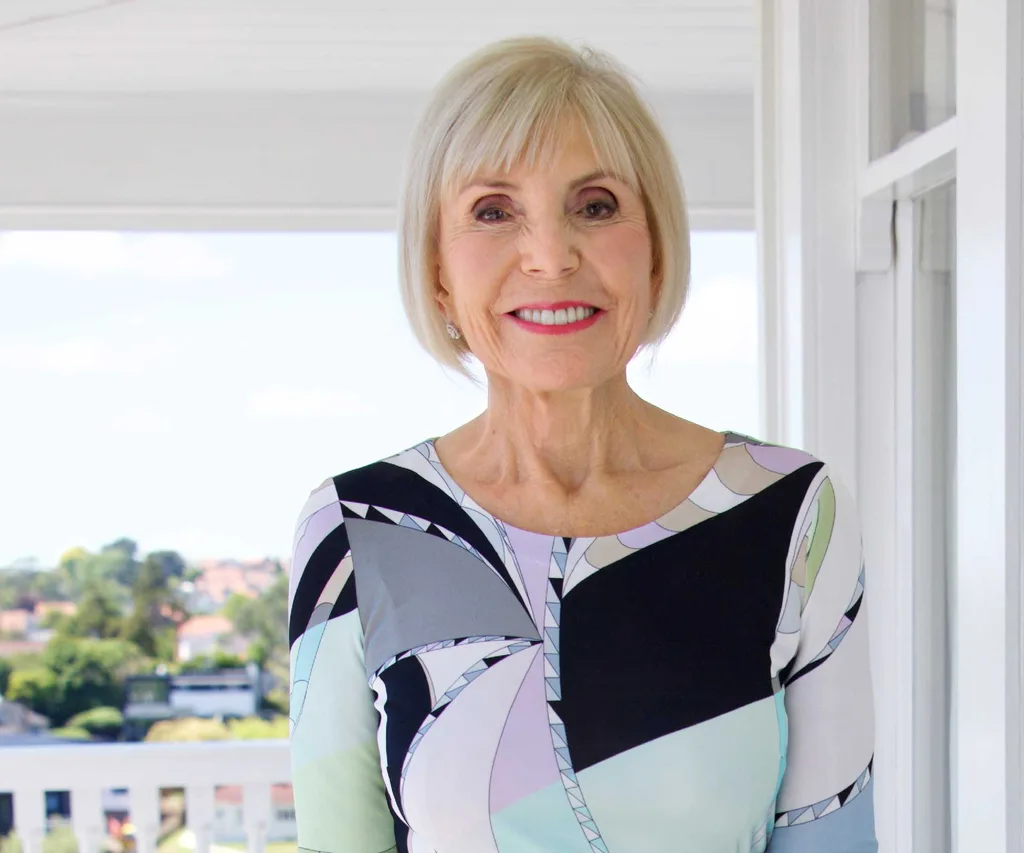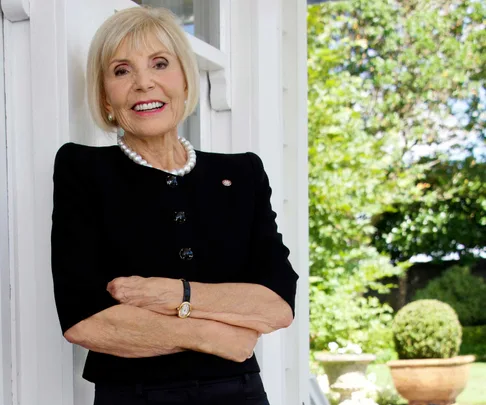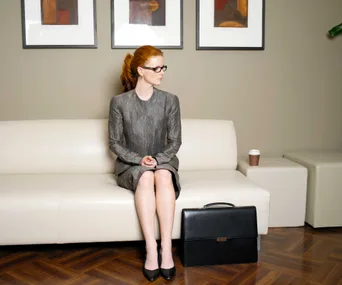Kindness is fundamentally important to Rosie Horton. In a world where it often seems in short supply, Rosie has made it her business to champion kindness – in fact, she’s made it her life’s work.
“People can be so intolerant, rude and disrespectful. I find it so distressing,” she tells me. “As long as my grandchildren grow up to be kind, I’ll probably achieve my greatest reward.”
She has five grandchildren and is thrilled that one attends a school with a dedicated ethics department.
“I’d like to see an ethics department in every school,” she says.
Dame Rosemary Horton, or Rosie, as she prefers to be known, is the doyenne of New Zealand’s charitable fundraisers. She was the founding chair of the Starship Foundation, the organisation that raises millions for the children’s hospital.
She was also the founding chair of the Breast Cancer Foundation. They are two of the juggernauts of New Zealand’s crowded charity sector and that they are juggernauts is largely thanks to her.
She counts among her mentors Sir Ralph Norris, formerly head of the ASB Bank; Auckland businessman, Sir Colin Giltrap; former Governor General, Dame Catherine Tizard; and the late Sir Douglas Myers.
“They’ve all given me terrifically good advice,” she says.
They’re a formidable line-up, but then Rosie is a master at networking. Rosemary Horton was created a Dame six years ago, in recognition of her 40 years of devotion to charity work.
She’s a little torn about the “Dame” thing. “People don’t understand it,” she says.
“When I was checking in at the airport a while ago, as I often do, my booking said ‘Horton, Dame Rosemary’ and the flight attendant said, ‘Why have you changed your name?'”
“I haven’t,” Dame Rosie replied.
“Yes you have,” the attendant insisted, “It says ‘Damey’.”
She tells me this with a bemused smile.
“My biggest worry with it (the honour) was that it would change my life, and it has to a certain extent.”
It has opened doors to more funders but it has also, she says, set up a bit of a barrier with some people. Still, she is proud of it but exceptionally sad that her parents were not alive to see it.
Rosie is not one to be putting on airs. She is warm, down-to-earth and approachable, always ready to roll up her sleeves for a good cause, always happy to help if she can. And yes, she does find it hard to say no. “When you’ve been in the game as long as I have you owe a lot of people a lot of favours. It’s very difficult to turn those people down.”
Rosie lives in a beautiful old two-storey villa with a perfectly manicured, expansive garden in Auckland’s leafy Remuera. It turns out she’s had the same gardener for 50 years – that’s the sort of loyalty she engenders. We talk in the kitchen, a large, sunny room with comfy sofas and a view of the garden. A big vase of dark blue and purple hydrangeas sits on the bench.
She’s well aware she lives a privileged life but she’s pragmatic about it too. She says at the end of the day, when all the trappings are stripped away, we are all the same. We all struggle with the same things, we all have “stuff” going on in our lives, burdens to bear.
Rosemary Horton was born in Christchurch to Olga (known as Bill) and Ellis Moon. She grew up in Ashburton with her brother, sister and her sister-cousin who was with the family from very young. Ellis Moon was a stock buyer for Borthwicks meat works.
Her mother stayed at home raising the four children. Rosie’s was a happy childhood. A clever resourceful woman, much like her daughter, her mother instilled in Rosie the importance of kindness. She succumbed to breast cancer when Rosie was just 23.

Rosie with her husband and “greatest mentor”, Michael Horton.
“It was the most devastating thing,” she tells me, still visibly saddened by the memory. “She had kept it from the family, none of us knew, not even my father; she just kept going normally until one morning our father couldn’t wake her to give her breakfast.” Her mother died soon afterwards in hospital. She was 49.
Outwardly Rosie gives the impression she is supremely confident and outgoing. She has a number of close friends but also a huge network of acquaintances and has been in the forefront of Auckland’s social scene for decades. But she is, she confides, quite shy. “Some days I find it quite hard. It’s a matter of saying to yourself, ‘Well, this will be over soon.’ I just put one foot in front of the other and keep going.”
It was working in a hostile environment that brought about a quantum change in Rosie’s life.
She had married young, in her 20s, to a much older man. They had a daughter, Victoria. Her husband, an engineer, travelled a lot and, with her daughter at school, Rosie spent much of her time at home alone. She was bored. Her husband wasn’t keen on her going out to work. She would play endless games of bridge. Then, one day, while she was playing cards with friends, her neighbour’s husband walked in and said, “You women are a disgrace, why don’t you go out and get a job?”
That was all the encouragement Rosie needed. She found one the very next day in the library at UEB, one of New Zealand’s leading corporations in the 1960s and 70s. She had no qualifications.
They asked her what she knew about libraries and she told them in her inimitable way, “Nothing much, but I can make terribly good coffee and I will be good at finding out anything.”
She remembers UEB as thoroughly male dominated and not a supportive workplace.
“People thought I was a joke, an upstart.” She received hate mail, accusing her of taking jobs from men, saying women shouldn’t be working. Such were the social attitudes of the day – a woman’s place was in the home.
“I couldn’t type, so they sent me to typing school. Then Germaine Greer came to New Zealand. I was told, ‘We have to send a token woman,’ (to hear Greer speak).’You can be our token woman.’
“What a revelation it was!” she tells me, her eyes wide with enthusiasm. “I rushed home and burnt my bras! Of course the very next day I went to Smith and Caughey’s and bought new ones,” she smiles. But Greer’s visit was a lightbulb moment for her.
“I’m not an aggressive feminist, but I thought now I know how I’m going to manage this job. As long as I’m honest, kind and respectful and have integrity.
“I learnt to think outside the square, plan ahead, plan my goals and how I was going to achieve them. I learnt how to run a department, how to employ people, negotiate. It’s a singular disappointment, though, that they never gave me a rise. I was a woman, therefore my husband could afford to ‘keep’ me,” she tells me ruefully.
She went on to computerise UEB’s library and lectured on the subject at university. “It just shows what you can do without a university education,” she says, although she’s quick to say the one thing she feels she can do for her grandchildren is to make sure they have the chance to attend university.
“I want them to be properly educated to cope with the intricacies of modern life. I want to prepare them for training, retraining and retraining.”
She met her second husband, the former owner of The New Zealand Herald, Michael Horton, at work. He was a client.
Their day always begins with a ritual morning coffee up the road. With both of them so busy, it’s something they make an effort to do each morning.
“Sometimes I feel like I need to make an appointment to see him,” she laughs. “If we don’t have coffee together, there’s something missing, it’s not a good day!” (Michael is currently working on a history based on the diaries of one of Auckland’s founding fathers, Sir John Logan Campbell.)
Theirs is a love match – they’ve been together for 35 years. “He’s the love of my life,” she tells me. “He’s my greatest mentor. He is intelligent, thoughtful and analytical.” It’s the second marriage for both of them and Rosie says he keeps her grounded.
She is, she admits, emotionally invested in the work she does and sometimes all that emotion comes bubbling to the surface. “Sometimes when I make speeches, I cry, and people are horrified.” But she really connects with those she’s helping, and shows great empathy towards them.
Loyalty is high on Rosie’s list of priorities. “I’m always loyal to the companies that support me. Fundraising is a two-way street – you have to remember what donors want and expect. They can trust me. They know I won’t make outrageous statements and embarrass them.”

She tells me that one of the keys to running a successful fundraising event is to have a crisis plan in place for when things turn pear-shaped, which does happen. “You wouldn’t believe how often they’re used,” Rosie says.
She’s not a great believer in dwelling on past events. “I take note of yesterday, but once something’s finished I move on. I deal with today and tomorrow.”
She’s modest about her achievements too. “I’m only an ideas person; I surround myself with clever people. Many of them are fantastic businesswomen. I’ve learnt so much from them. My role is cheerleader of a team.”
Much of Rosie’s time is now taken with mentoring charities. “I never tell them what to do. I listen and ask questions. It’s all about hard work. There are no short cuts – you have to put in the groundwork and have all your ducks in a row,” she says firmly.
She is concerned, though, about the ballooning charitable sector. “There is a ridiculous number of charities in New Zealand [more than 27,000 registered at last count]. For instance, there are too many breast cancer charities. The Charities Commission has an obligation to broker agreements between like charities, to avoid duplication of resources.”
She believes we are in danger of charity overload. Right now she’s looking forward to a trip to Australia, where she and Michael will meet up with the Aboriginal artists they’ve been supporting. They have an extraordinary collection of works – about 300 – all of which the couple are to donate to the Art Gallery of New South Wales in Sydney.
The artworks, Rosie says, were “bought for love, not to sell”. They have been her obsession for many years. “I want them to be remembered – these fantastic people and the way they live in the outback. Their work is outstanding.”
She hopes one day to have an apartment opposite the gallery, so she can pop in from time to time to visit these treasures. And she will, of course, continue to give back – both as a patron of numerous organisations and as a mentor to others, giving willingly of her time and her wealth of knowledge.



